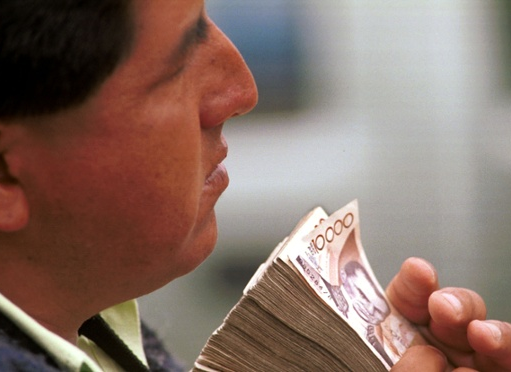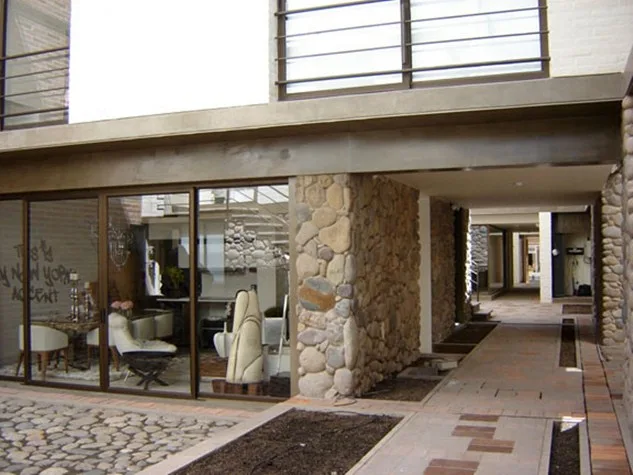Launch of electronic money system draws little enthusiasm in first days of operation; many are unaware of it while others distrust it
Could Ecuador’s new electronic money system be a bust? Its critics say the first three days of its operation indicate just that.
Although more than 200 businesses are enrolled in Ecuador’s new electronic money exchange system, the few that have implemented it say that the response has been disappointing since operations began last Thursday.
Businesses such as the Primax service station chain and Fybeca and Sana Sana farmacies reported little activity in the new system and customers seemed to be either unaware of it or suspicious of it.

The collapse of the Sucre in 2000 and the conversion to the U.S. dollar is one reason why many Ecuadorians are suspicious of electronic money.
In Cuenca, Fybeca customer José Castro said he had read about electronic, or digital currency, but didn’t understand how it works. “Even if I knew how to use it, I don’t think I would,” Castro said. “I prefer to use money that I can see and feel,” he said.
Karina Ubillus, an indigenous fruit vendor in a Quito market, said she has no plans to use the new system. “Digital money is a terrible idea for the markets,” she says. “A lot of people here are illiterate and don’t know much about it. Cash works just fine and most people will not want to change.”
Like others, Ubillus cites Ecuador’s financial collapse of 1999 and 2000 as one of the reasons she plans to stick with tangible dollar bills. “We all learned our lesson then. We don’t trust the government and we don’t trust money we can’t see,” she said. During the financial crisis, the inflation rate of the country’s official currency, the Sucre, ran as high as 70%, prompting its replacement with the U.S. dollar.
If Castro and Ubillus don’t trust the new system, it is bad news for President Rafael Correa and Ecuador’s Central Bank. The government has promoted electronic money as a way to help poorer Ecuadorians who do not have bank accounts.
According to its design, the new system will work much like mobile phone bank payments in other countries: users will be able to exchange hard cash for digital money which is stored in an electronic wallet on their cell phones.
As with other mobile payment programs, text messages will allow users to make payments to other accounts, but what makes this plan different is that this is the first time a national government will have full control; everything from the creation of new units to securing the system against attack will be managed by the Central Bank of Ecuador.
“This is better than private options because our priority will be the users and not profit,” David Duque, Digital Money Analyst at the Central Bank of Ecuador told The Guardian. “Forty percent of Ecuadorians do not have a bank account and we want to make it easier for the ‘unbanked’”.
Duque admits the new system is off to a slow start and says only 8,000, out of a populaiton of 15 million have signed up. “We plan a big media promotional campaign”, he said, “and hope this will increase subscribers. He says he expects to have 500,000 active users by the end of the year but skeptics say the figure is unrealistic.
Skeptics are unconvinced. “The poor people, who the program is intended for, are the last ones who will use it,” says Cuenca accountant Joaquin Santos. “They don’t trust the technology and many of them were badly hurt in the currency collapse 15 years ago,” he says. “For all the concern about what will happen to the economy if electronic money is successful, I say the problem will be that very few people will use it. We will see that support for it will be minimal.”





















